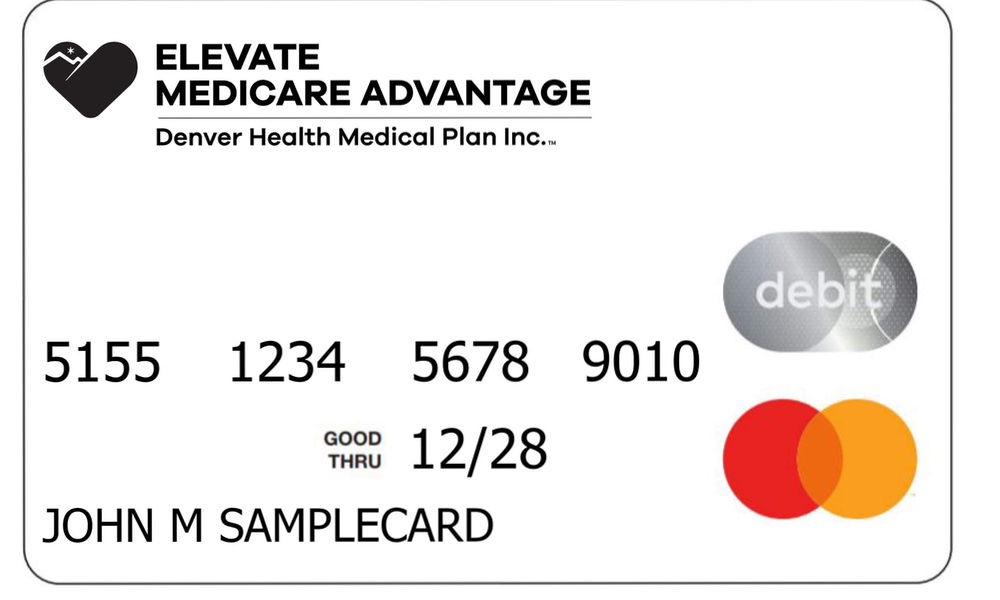Parents who want to do all they can to give their children an edge in the world can start by feeding their babies and toddlers healthy food from day one. An Australian study has found that children who are fed a healthy diet at an early age may have a higher IQ.
More than 7,000 children were studied in a comparison of a range of dietary patterns on IQ: traditional and contemporary home-prepared foods; commercial baby foods; breastfeeding; and junk food (characterized by cookies, chocolate, sweets, soda, and chips). Researchers studied the eating habits of children at six months, 15 months, and two years and looked for an association with their IQ at age eight.
The study provides strong evidence that what an infant eats from six to 24 months may have a significant effect on IQ at eight years of age.
Dr. Lisa Smithers, lead researcher of the study, said in a press release from The University of Adelaide, "We found that children who were breastfed at six months and had a healthy diet regularly including foods such as legumes, cheese, fruit and vegetables at 15 and 24 months, had an IQ up to two points higher by age eight. Those children who had a diet regularly involving biscuits, chocolate, lollies [lollipops], soft drinks and chips in the first two years of life had IQs up to two points lower by age eight."
Smith stated that though the differences in IQ were not huge, the study provides strong evidence that what an infant eats from six to 24 months may have a significant effect on IQ at eight years of age. "It is important that we consider the longer-term impact of the foods we feed our children," said Smithers in the press release.
The American Academy of Pediatrics recently reaffirmed their position statement from 2006 regarding breastfeeding, stating it recommends "... exclusive breastfeeding for about 6 months, followed by continued breastfeeding as complementary foods are introduced, with continuation of breastfeeding for 1 year or longer as mutually desired by mother and infant." The AAP also recommends the introduction of solid foods between the age of four and six months. The American Heart Association dietary recommendations for infants suggest introducing healthy solid foods and urges parents to keep offering them if they are refused initially. The AHA also recommends that parents not feed infants food with no nutritional value.
The study was published online in the European Journal of Epidemiology.




